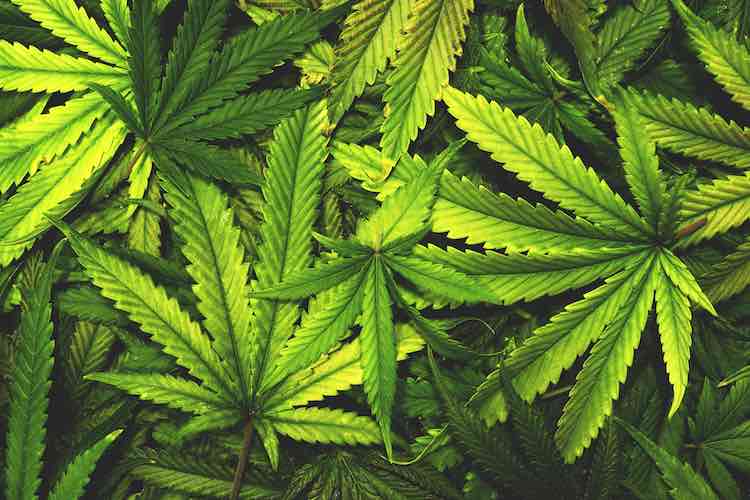What is Delta 9 THC?
Delta 9 THC, also known as Delta-9-tetrahydrocannabinol or Δ-9-THC, is a naturally occurring compound found in cannabis plants. It is the primary psychoactive ingredient responsible for the “high” associated with marijuana use.
Delta 9 THC interacts with the body’s endocannabinoid system, binding to cannabinoid receptors in the brain and nervous system. This interaction can lead to various effects, including altered perception, mood changes, and increased appetite.
Understanding THC
THC, or tetrahydrocannabinol, is a broader term that encompasses various forms of THC, including Delta 9 THC. While Delta 9 THC is the most well-known and abundant form of THC in cannabis plants, there are other variants such as Delta 8 THC and Delta 10 THC.
These different forms of THC have similar chemical structures but may vary in their potency and effects. It’s important to note that when people refer to THC, they are often specifically talking about Delta 9 THC.
Comparing Safety: Delta 9 THC vs. THC
When it comes to comparing the safety of Delta 9 THC and THC, it’s crucial to consider several factors. While both compounds can produce psychoactive effects, their safety profiles may differ.
Delta 9 THC has been more extensively researched compared to other forms of THC. Studies have shown that Delta 9 THC can have potential therapeutic benefits, such as pain relief and appetite stimulation. However, it can also cause side effects like anxiety, paranoia, and impaired cognitive function, especially at high doses.
On the other hand, less is known about the safety and long-term effects of other forms of THC, such as Delta 8 THC. While some anecdotal reports suggest that Delta 8 THC may have milder psychoactive effects compared to Delta 9 THC, more research is needed to fully understand its safety profile.
Legal Considerations
The legal status of Delta 9 THC and other forms of THC varies depending on the jurisdiction. In the United States, Delta 9 THC is a controlled substance under federal law. However, some states have legalized marijuana for medical or recreational use, allowing for the consumption of Delta 9 THC within their borders.
Other forms of THC, like Delta 8 THC, may fall into a legal gray area. The 2018 Farm Bill legalized hemp-derived products with less than 0.3% Delta 9 THC, but the legal status of other THC variants remains unclear in many states.
It’s essential to stay informed about the specific laws and regulations regarding THC in your area. For a comprehensive comparison of delta9 vs thc, it’s crucial to consider both their safety profiles and legal implications.
The Bottom Line
When comparing the safety of Delta 9 THC and THC, it’s important to approach the topic with caution and a well-informed perspective. While Delta 9 THC has been more extensively studied, the safety and long-term effects of other THC variants are still being researched.
As with any substance, responsible use and adhering to legal guidelines are crucial. If you’re considering using any form of THC, it’s always best to consult with a healthcare professional and stay up-to-date on the latest scientific findings and legal developments in your area.

